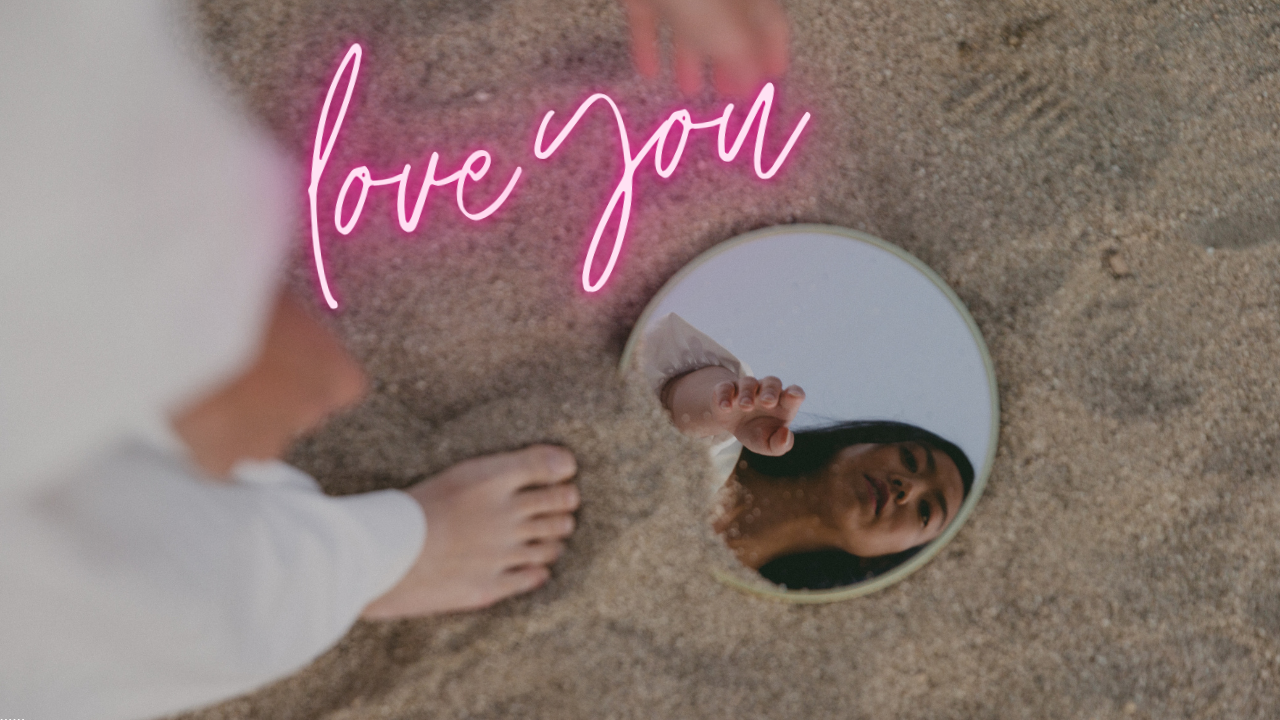When Empathy Turns Against You
Sep 23, 2025
When Empathy Turns Against You: Reclaiming Your Power as a People-Pleaser
Looking back, I realize that while my empathy helped me understand someone’s hurt, it also led me to excuse their actions—even when those choices caused me pain. If this sounds familiar, you are not alone. As a spiritual intuitive coach who has walked the path of people-pleasing recovery, I can tell you this pattern is all too common—and it’s a silent thief of peace and personal power.
The Problem: When Compassion Becomes a Pass
Empathy is a sacred gift. It is the soft landing of the soul, the way we connect heart-to-heart and see beyond the surface into someone’s deeper truth. With it, we can sense the pain and wounds someone else carries, and for a moment, we become witnesses to their story.
But here’s the danger: when empathy becomes unchecked, it can turn into a silent permission slip that excuses hurtful behavior. We slip into the mindset of, “because they are hurting, I must tolerate their actions.” That inner agreement slowly teaches your spirit that your needs and boundaries are negotiable, secondary, or even unworthy compared to others.
This is how empathy, left unguarded, becomes a quiet betrayal of the self. You give others a pass to consciously—or more often unconsciously—cause harm. What follows is an exhausting emotional cycle: guilt for saying no, overwhelm for carrying more than your share, and burnout from repeatedly abandoning yourself.
People-pleasers especially get caught in this loop because they are wired to minimize conflict, soothe discomfort, and create harmony—always outwardly, rarely inwardly. But here is the truth your soul already knows: your empathy is never meant to be the reason you shrink, suffer, or stand in harm’s way.
The Soulful Solution: Boundaries as Protection, Not Punishment
Empathy doesn’t lose its power when you say “no”; it gains integrity. The most loving thing you can do with your gift of compassion is to pair it with boundaries. Boundaries are not barriers; they are guardians of your peace, reminding you that your soul is also worthy of tenderness.
You can acknowledge someone’s wounds without making them your responsibility. You can hold compassionate awareness without agreeing to emotional sacrifice. In fact, true compassion teaches us that each person is responsible for their own healing, just as you are responsible for yours.
Imagine saying with clarity: “I see your pain, but I will not allow it to define my experience or diminish my worth.” That’s not harsh. That’s holy. That is the moment empathy stops being an excuse and starts being a bridge—to connection, yes, but also to self-respect.
A New Way to Use Your Empathy
-
Use your empathy to deepen understanding, not to justify mistreatment.
-
Let it guide you toward compassion without abandoning your own truth.
-
See it as a tool that illuminates wounds—but not as an invitation to absorb them.
-
Pair every moment of tenderness for others with a moment of tenderness for yourself.
This allows your empathy to become what it was always meant to be: a path to connection, not a loophole for self-neglect.
Choosing You Without Guilt
The real shift happens when you choose yourself first—not out of selfishness, but out of soulfulness. Because when you protect your energy, you don’t dim your light; you strengthen it. When you set boundaries, you don’t lose compassion; you amplify it. And when you stop excusing others’ hurtful behaviors in the name of empathy, you send a clear message to your soul: I am worthy of safety, respect, and love.
